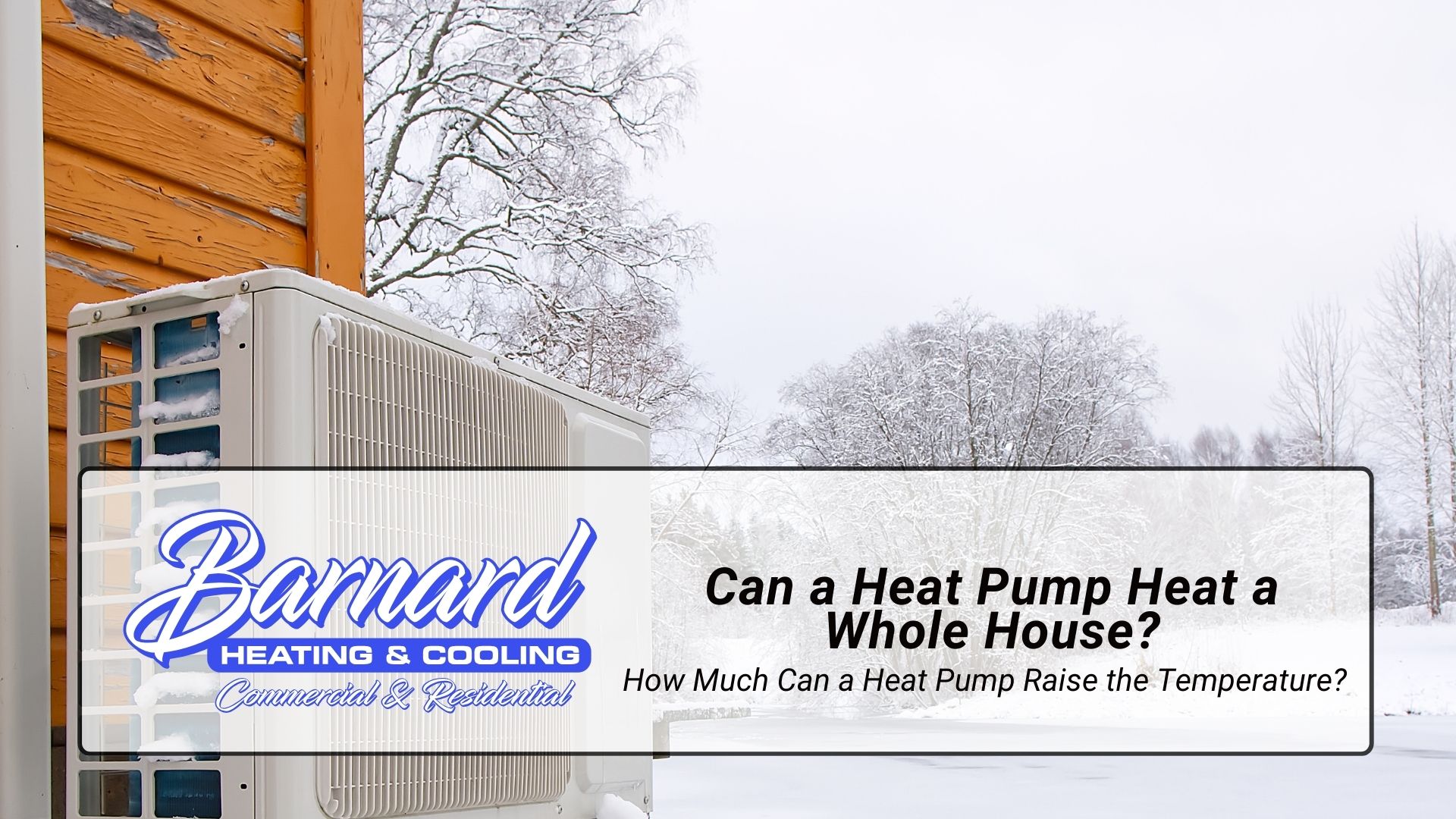Ever find yourself wondering, "Can a heat pump heat a whole house?" It's a common question, especially during those chilly winter months. We’re here to guide you through the ins and outs of heat pumps and how they can be the all-in-one solution for your heating needs.
How Does a Heat Pump Work in Winter?
First things first, understanding how heat pumps operate is key. Unlike traditional heating systems that generate heat, heat pumps transfer heat from one place to another. In winter, they extract heat from the outside air and transfer it indoors. Yes, even cold air has heat energy! Heat pumps use a refrigerant that absorbs and releases heat as it circulates through the system, acting like a heat courier.
Can a Heat Pump Raise the Temperature Enough in Winter?
Now, the big question: how much can a heat pump raise the temperature in your home? Remarkably, modern heat pumps are quite efficient at this task. They can increase indoor temperatures significantly, maintaining a cozy and comfortable environment. The exact temperature rise depends on the heat pump model and the outside temperature, but many units can maintain a warm indoor environment even when it's freezing outside.
At What Temperature Do Heat Pumps Stop Working?
One common myth is that heat pumps stop working in extreme cold. The truth is that heat pumps have improved dramatically over the years. While it's true that their efficiency can decrease as temperatures drop, most models function effectively down to around 0°F. Some advanced models can even work in temperatures as low as -10°F. However, in extremely cold climates, a supplementary heating source may be necessary during the coldest days.
Does Wind Chill Affect Heat Pumps?
Wind chill can impact the efficiency of a heat pump, as it can make the outdoor unit work harder to extract heat from the air. However, modern heat pumps are designed to withstand typical winter conditions, including wind chill. Regular maintenance and strategic placement of the outdoor unit can help mitigate these effects.
Does a Heat Pump Dehumidify in Winter?
Interestingly, while most of us associate dehumidification with summer, heat pumps can also help maintain comfortable humidity levels in winter. As they heat your home, they naturally dry out the air, which can be beneficial in damp winter conditions.
Consult With an Expert
In essence, heat pumps are a versatile and efficient choice for heating your whole house. They work effectively in winter, can raise indoor temperatures substantially, and are designed to function in low temperatures. While wind chill can affect their efficiency, proper installation and maintenance can minimize this impact. Plus, their ability to dehumidify in winter is an added bonus. For those living in extremely cold regions, it's wise to have a supplementary heat source, but for many, a heat pump is more than capable of keeping the entire house warm. Remember, consulting with HVAC professionals like us at Barnard Heating and Cooling ensures you choose the best system for your specific needs and get the most out of your heat pump.
